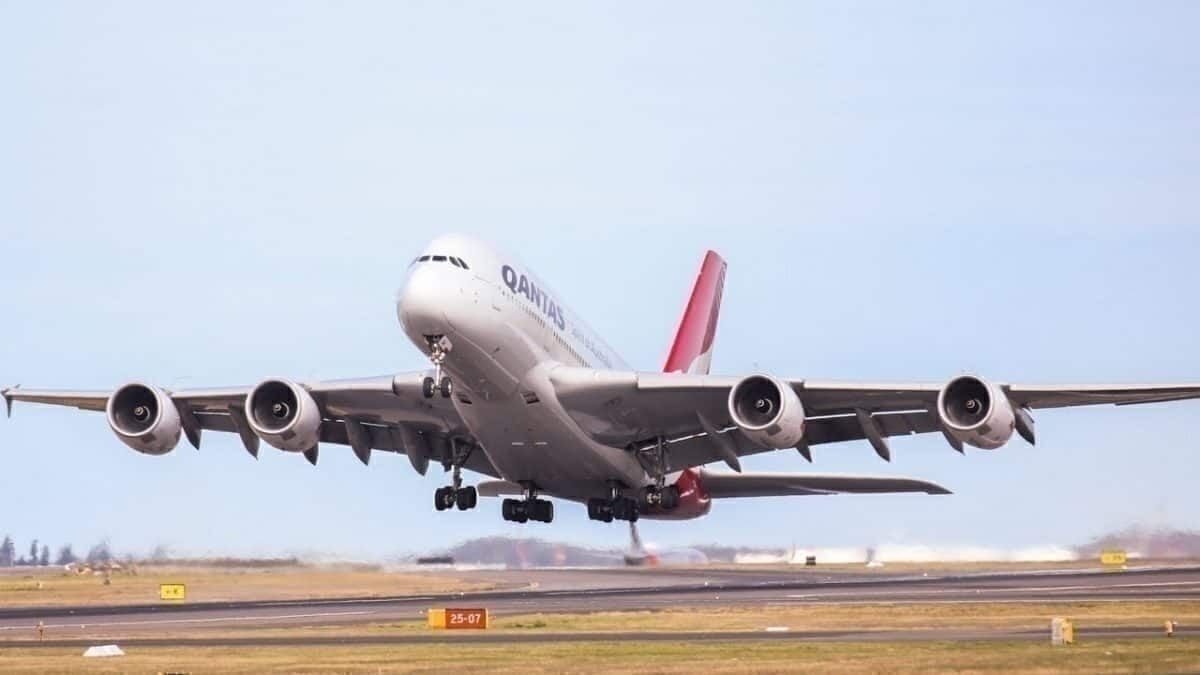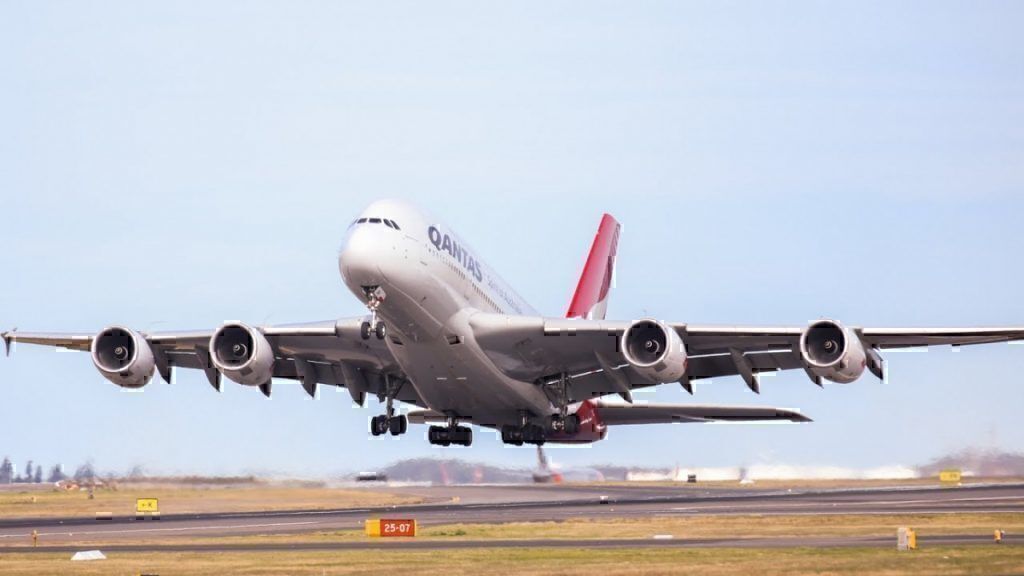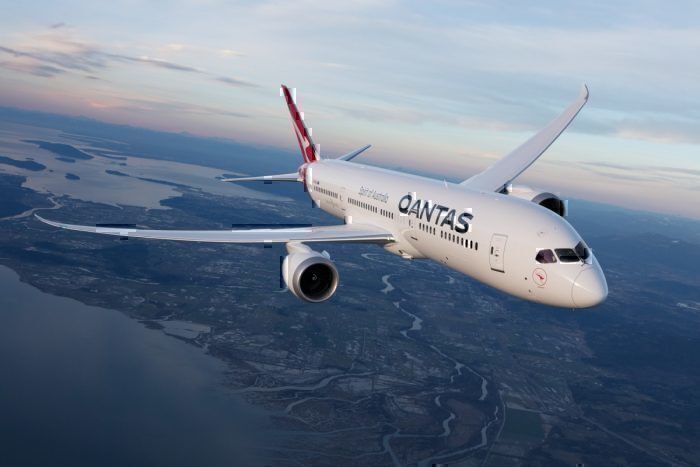Qantas is under fire from a small group of shareholders over its role in deporting failed asylum seekers and others who have fallen foul of the Australian Government. US asset firm Mercy Investment Services is teaming up with The Australian Centre for Corporate Responsibility in an attempt to pass a shareholder resolution at the airline’s AGM in October 2019. According to The Guardian, they want Qantas to review their policies and process regarding deportations.
While many airlines around the world decline to participate in the deportation process, both Qantas and Virgin Australia play a role in deporting individuals from Australia. Qantas seems agnostic on the ethically complex matter. In a statement, Qantas says;
“It is not the role of airlines to adjudicate on complex immigration decisions, particularly as information used in determination processes is not publicly available. To do so would undermine the government, the judicial system and its processes.”
SBS reports that the Australian Government spent AUD$17 million on "returns and removals" from Australia last year. It’s a good bit of business for Qantas.
A complex and fraught business
The Australian Government is under fire from various interest groups regarding its tough line on deportations. Perhaps sensing it plays well to significant portions of the electorate, the government is unlikely to change its stance any time soon.
Targeting the organizations and businesses that help facilitate forced deportations is another tactic. Qantas has come under fire before for its willingness to fly people out of Australia to an uncertain fate.
Last week, a 39-year-old man born in Papua New Guinea but who left when he was three years old, was sent back on a Qantas flight. This man had served several jail sentences (for minor offenses) but he had lived in Australia all his life. Papua New Guinea, unsure of his status there, refused to accept him and he was sent back to Australia on the return flight. He is now back in immigration detention in Australia.
The deportation of people who have failed the Australian Government’s character test, particularly Kiwis who have lived in Australia on a long term basis, is one issue. But the deportation of asylum seekers, particularly children, who have failed in their bids to remain in Australia, gets many people hot under the collar.
Qantas is unlikely to change its position
Despite the efforts of the shareholder group, Qantas is unlikely to change its position on this issue. On social issues, Qantas can be a real conundrum. They are conspicuously supportive on some issues (same-sex marriage, free speech, etc) but can be resolutely obtuse on other issues. And, arguably, the safety of a failed Iranian asylum seeker when he gets sent back to Tehran is more important than the hurt feelings of some activist chatterati in a comfortable lounge chair.
Many airlines do refuse to facilitate deportations. Lufthansa pilots have consistently refused to carry unwilling deportees. US carriers, including AA, United and Delta, are refusing to carry children who have been forcibly separated from their parents. Virgin Atlantic no longer ferries deportees.
But the fact remains that most airlines, especially flag carriers, do assist their Governments in deportations. Qantas is hardly an isolated case.




